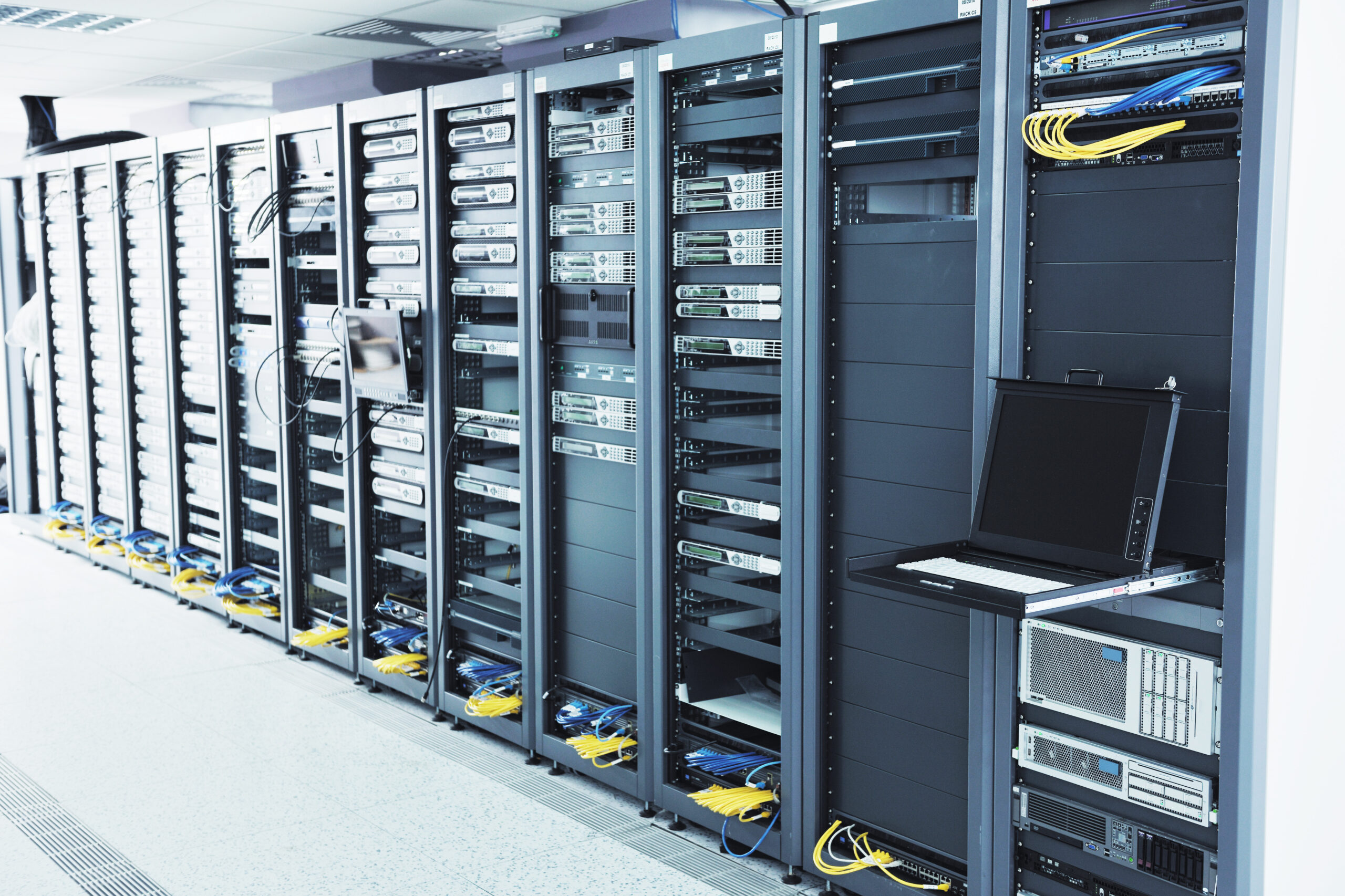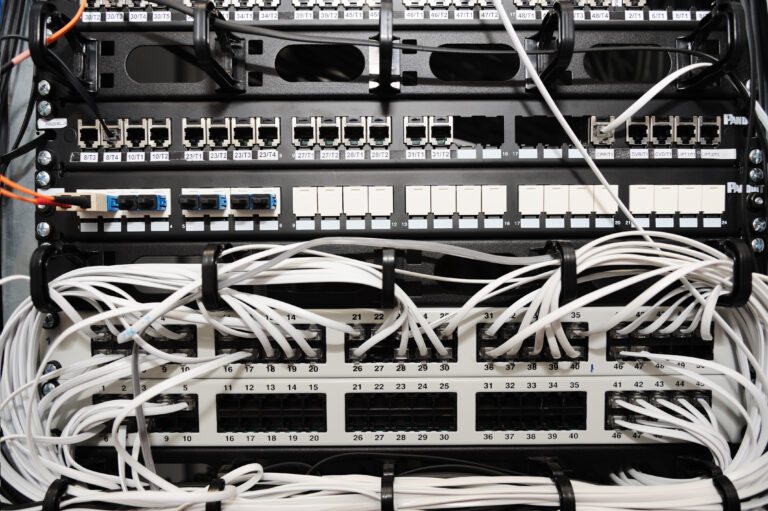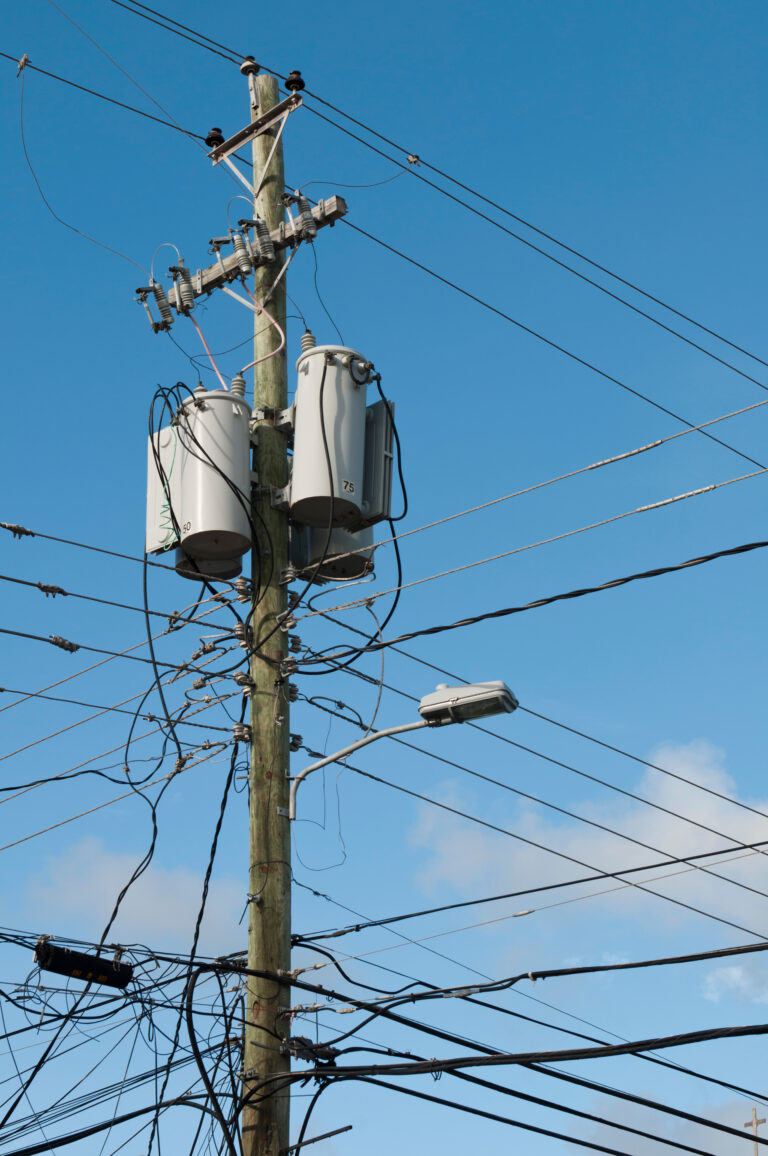Why Companies are Turning to Colocation as their Primary Data Center Solution
Colocation data centers have become increasingly popular in recent years, particularly among small and medium-sized businesses. These facilities provide companies with a secure and reliable environment for housing their IT infrastructure while offering access to high-speed internet connectivity and other critical resources. In this article, we’ll explore why more organizations are turning to colocation as their primary data center solution.
Introduction to Colocation Data Centers
A colocation data center is essentially a third-party facility that provides space, power, cooling, and bandwidth to its customers. This allows companies to outsource the management of their IT infrastructure while still maintaining control over it. The benefits of using colocation data centers include improved reliability, increased security, reduced costs, and greater scalability.

The Benefits of Using Colocation Data Centers
One of the main advantages of using colocation data centers is improved reliability. These facilities typically feature redundant systems and backup generators, which help ensure that your IT equipment remains online even during power outages or other disruptions. Additionally, colocation providers often offer round-the-clock monitoring and support services, which can help identify and resolve issues before they impact your operations.
Another benefit of using colocation data centers is enhanced security. Many of these facilities are equipped with advanced fire suppression systems, video surveillance cameras, and biometric scanners, which help protect against unauthorized access and potential threats. Furthermore, colocation providers often employ highly trained staff who specialize in securing and managing IT environments.
Reducing costs is another key advantage of using colocation data centers. By outsourcing the management of your IT infrastructure, you can avoid the need to invest in expensive hardware and software upgrades, as well as reduce energy consumption and maintenance expenses. Moreover, colocation providers typically offer flexible pricing models that allow you to pay only for what you use, rather than committing to long-term contracts or fixed capacity requirements.
How Remote Work and Less Corporate Real Estate Affects the Need for Colocation Data Centers
Remote work has become increasingly common in recent years, driven by advances in technology and changing attitudes towards work-life balance. As more employees telecommute or work from home offices, there is less demand for traditional corporate real estate. At the same time, many companies are looking to streamline their operations and reduce overhead costs. For these reasons, many organizations are choosing to colocate their IT infrastructure instead of building and maintaining their own data centers.
Choosing a Colocation Provider: What to Look For
When selecting a colocation provider, there are several factors to consider. First and foremost, look for a company that offers state-of-the-art facilities with robust security measures and redundancy features. You should also seek out providers that offer competitive pricing structures and flexible terms, as well as personalized customer service and technical support. Finally, make sure to choose a provider that has experience working with similar types of organizations and understands your specific needs and challenges.
Conclusion: Why Companies are Turning to Colocation as their Primary Data Center Solution
In conclusion, colocation data centers offer numerous benefits to organizations of all sizes, including improved reliability, enhanced security, cost savings, and flexibility. With remote work becoming more prevalent and corporate real estate being reevaluated, many companies are turning to colocation as their primary data center solution. By carefully evaluating different providers and selecting one that meets your unique needs, you can enjoy the peace of mind that comes with knowing your IT infrastructure is safe, secure, and always available.





